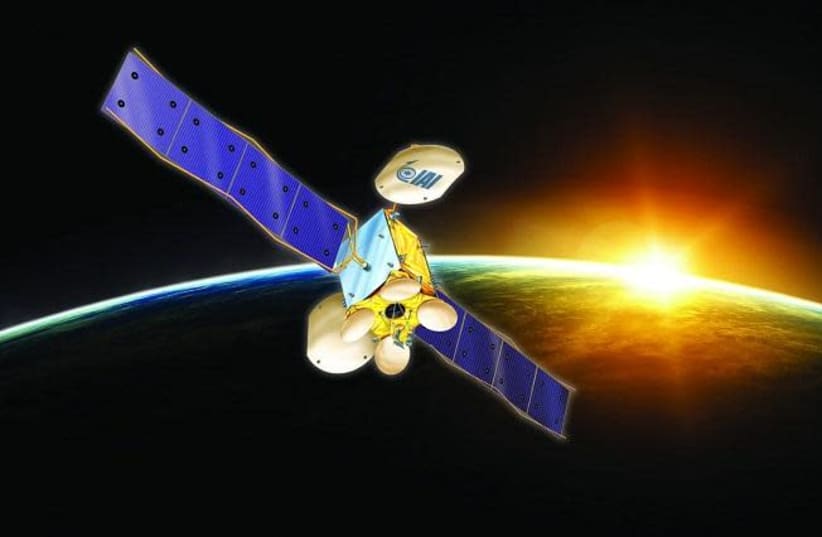The satellite, End-of-Life Services by Astroscale demonstration (ELSA-d), will serve as a proof of concept for space-cleaning missions to reduce the amount of dangerous space junk that litters Earth's orbit. Astroscale's craft will find and magnetically attach to broken and derelict satellites, inspect them and in future operations and remove the debris from orbit.According to Astroscale, the satellite sweeper will be able to dock with both stable and tumbling debris. If the demonstration is successful, the technologies in ELSA-d could soon be used to clean the Earth's backyard.
“Our journey to this point has been long, challenging and rewarding – now begins a trailblazing journey for ELSA-d itself,” said Nobu Okada, Astroscale Founder and CEO. “A new era of space sustainability starts with this shipment, and watching ELSA-d leave our Tokyo headquarters was a powerful moment.”
ELSA-d was launched Monday from Kazakhstan on a Soyuz 2.1a rocket by GK Launch Services along with 37 other payloads. Astroscale confirmed on Twitter a successful launch into orbit, transfer to mission operations in the UK, and deployment of its solar array.Each step of the operation is a mechanical test of the satellite, and even one failure could result in catastrophe for the mission. Israelis remember the Bereshit probe, and how each step along its mission was monitored with bated breath before it failed on its final approach to the moon.
Signal acquisition of our #ELSAd servicer and client satellites confirmed! Congrats to the entire team and thank you to all our partners and fellow Space Sweepers around the world for getting us this far. #GoELSAd pic.twitter.com/vmxRmpSQ6g
— Astroscale (@astroscale_HQ) March 22, 2021
According to a representative of Astroscale, has attempted one pervious mission since its 2013 founding, but it didn't make it to orbit due to a failure of their launch service's rocket. This is the first successful launch that they've had, and represents a large step in meeting the space start-up's mission statement "to secure the safe and sustainable development of space for the benefit of future generations."
Space debris has become an increasing problem as Earth's orbit has become more crowded. According to the Union of Concerned Scientists satellite database, there are 3,372 functioning satellites in orbit, and according to NASA, thousands of trackable pieces of junk including discarded boosters, derelict satellites and pieces that have fallen off of vessels.
The extra-terrestrial junk is a danger to the thousands of functioning satellites and manned space missions. While craft are protected against impacts, the debris can still do significant damage. In 2009 the first major satellite collision between a defunct Russian satellite and an operational US satellite destroyed both objects.
According to an article by NASA's Donald Kessler, as the number of satellites and junk increases, the probability of collisions will also increase. Further, collisions could result in a cascading effect where they lead to an expanding series of collisions, known as the "Kessler Effect." This would ultimately result in the formation of an artificial asteroid belt. The mass destruction of satellites would have dire ramifications on a planet reliant on GPS and other space-borne modern conveniences.
Astroscale and other space start-ups seek to prevent the creation of an impenetrable and unsafe space environment.
